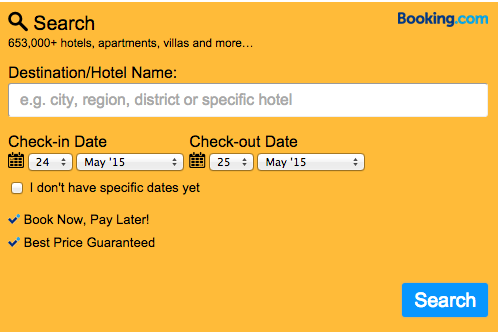Know how to get medical care while traveling
Consider buying medical evacuation insurance. Rabies is a deadly disease that must be treated quickly, and treatment may not be available in some countries.
Plan for how you will get health care during your trip, should the need arise:
- Carry a list of local doctors and hospitals
 at your destination.
at your destination. - Review your health insurance plan to determine what medical services it would cover during your trip. Consider purchasing travel health and medical evacuation insurance.
- Carry a card that identifies, in the local language, your blood type, chronic conditions or serious allergies, and the generic names of any medications you take.
- Some prescription drugs may be illegal in other countries. Call Thailand’s embassy
 to verify that all of your prescription(s) are legal to bring with you.
to verify that all of your prescription(s) are legal to bring with you. - Bring all the medicines (including over-the-counter medicines) you think you might need during your trip, including extra in case of travel delays. Ask your doctor to help you get prescriptions filled early if you need to.
Many foreign hospitals and clinics are accredited by the Joint Commission International. A list of accredited facilities is available at their website (www.jointcommissioninternational.org![]() ).
).
In some countries, medicine (prescription and over-the-counter) may be substandard or counterfeit. Bring the medicines you will need from the United States to avoid having to buy them at your destination.
Malaria is a risk in some parts of Thailand. If you are going to a risk area, fill your malaria prescription before you leave, and take enough with you for the entire length of your trip. Follow your doctor’s instructions for taking the pills; some need to be started before you leave.
Traveling with Children
- Infant formula that you buy abroad may not be the same as in the United States. If you feed your child formula, bring enough for your entire trip, plus extra in case of travel delays.
- Double-check medical insurance for overseas coverage for the children who are traveling with you. Consider travel health and medical evacuation insurance for things your regular insurance will not cover.
- Diarrhea in babies and young children can quickly lead to dehydration. Learn the signs and symptoms of dehydration, including what you can do and when you should see a doctor.
- More information: Traveling with Children.
Extended Stay/Study Abroad
The more time you spend abroad, the more likely it is that you will need medical care while you are there. Consider where you will get this care and whether you will need additional insurance to pay for it.
Get a medical and dental check-up before you go, and fill any prescriptions you’ll need before you leave.
Visiting Friends or Family
People who are visiting friends and family abroad may be offered traditional medicine (such as herbal remedies) if they get sick. However, many of these remedies might not be effective, and some could be harmful. Talk to your doctor about traditional medicines if you are likely to be offered them.
Keep away from animals
Most animals avoid people, but they may attack if they feel threatened, are protecting their young or territory, or if they are injured or ill. Animal bites and scratches can lead to serious diseases such as rabies.
Follow these tips to protect yourself:
- Do not touch or feed any animals you do not know.
- Do not allow animals to lick open wounds, and do not get animal saliva in your eyes or mouth.
- Avoid rodents and their urine and feces.
- Traveling pets should be supervised closely and not allowed to come in contact with local animals.
- If you wake in a room with a bat, seek medical care immediately. Bat bites may be hard to see.
All animals can pose a threat, but be extra careful around dogs, bats, monkeys, sea animals such as jellyfish, and snakes. If you are bitten or scratched by an animal, immediately:
- Wash the wound with soap and clean water.
- Go to a doctor right away.
- Tell your doctor about your injury when you get back to the United States.
Consider buying medical evacuation insurance. Rabies is a deadly disease that must be treated quickly, and treatment may not be available in some countries.
Traveling with Children
Children love animals, but they are more likely than adults to suffer serious injuries if they are bitten or scratched. If you are traveling with a child, remind the child of these animal safety tips:
- Do not touch any animals without permission.
- Always tell an adult if the child has any contact with an animal. (Children may be afraid to tell if they think they will get in trouble.)
- Always tell an adult if the child sees a bat in a room. If you or a child wakes in a room with a bat, seek medical attention immediately.
Consider buying medical evacuation insurance. Rabies is a deadly disease that must be treated quickly, and treatment may not be available in some countries.
Visiting Friends or Family
Be careful even around family pets in Thailand. Other countries may not have laws about vaccinating pets for rabies.










Pingback: CDC creates new way to vaccinate | WREG.com by jackie | Life SE ASIA MAGAZINE
Thank you Indah very nice of you jackie
LikeLike
great information here!
LikeLiked by 1 person